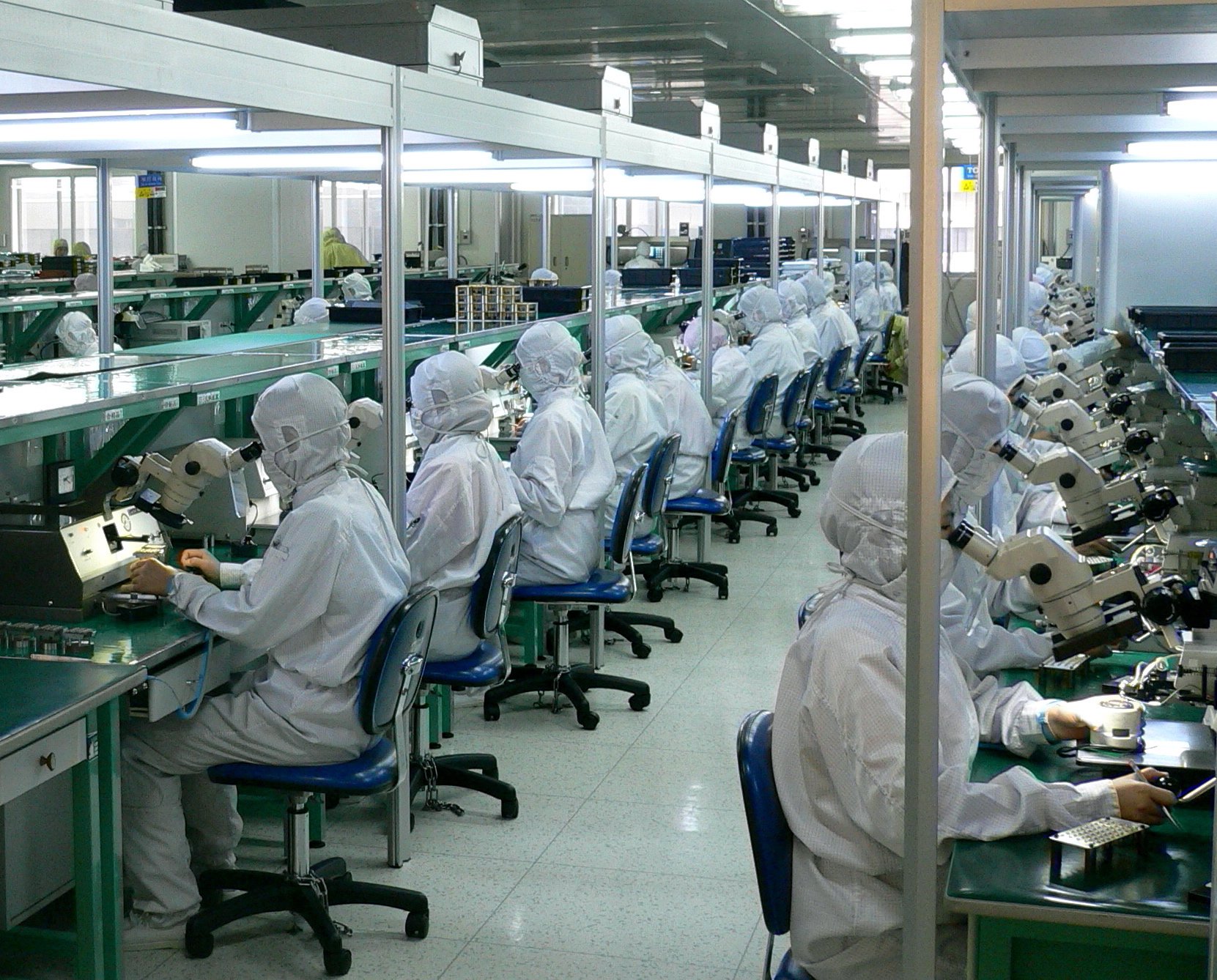Feature
How China’s ‘pastoral’ model will make it the economic hegemon
The state-led economic model of President Xi Jinping is moving China toward greater development, better education and more original tech research.

Without considering the classic texts of political economy (including, among the Italians’, Adam Smith in Beijing by Giovanni Arrighi), and ignoring the propaganda of various Chinese leaders, China could be considered a peculiar variant of neoliberal capitalism where the nation-state claims a ‘pastoral’ role in governing society and the regime of capitalist accumulation. In other words, China represents an alternative system from the dominant model of hegemonic capitalism.
Emerging countries, such as India, South Africa and Brazil, are watching closely. These nations don’t want to passively emulate any taken-for-granted model, but they are trying to locally translate political and economic devices that have worked elsewhere. It’s the same as what China is doing with respect to the Anglo-Saxon model.
It’s the old question of the coexistence of different models of capitalist accumulation. The crisis of 2007-2008 highlighted the two paths of economic globalization: the homogeneity of capitalism (there is nothing outside of the system) and at the same time the differentiation of models in a never-ending local adaptation of the dominant model.
The example of Chinese development in artificial intelligence is emblematic of the emergence of a social, political and economic model that wants to exercise global power within globalization processes. China has three excellent companies that have been investing for years in software that use techniques and models derived from research on AI. They are the search engine Baidu, the ecommerce company Alibaba (which does many other things) and WeChat (a hybrid between Facebook and Twitter and much more), which over the years have sustained a procurement market for technology and software.
It was the year in which President Xi Jinping indicated that AI was the strategic sector where China would achieve global hegemony. Until now, all attempts made by the machine to defeat humans has failed. However, the announcement that a machine bested a human at the board game Go constituted a watershed moment for machine learning and Big Data within the field of AI research. From this perspective, China is organizing research and development plans around the big technology sector.
State programs include investment in research and development, support for enterprises, specific policies for the circulation of scientific knowledge throughout the economy and clear legislation on intellectual property. In this regard, China, with its entry into the WTO, joined international treaties on international property. By 2020, it will invest more than $150 billion to train engineers, physicists, mathematicians and computer scientists. Another $120 billion will be invested to develop software and microprocessors. A special national council will coordinate the project, while regional and local governments will monitor and supervise its progress where local businesses and universities are involved. In addition, the project also provides funding plans for start-ups ($1.5 billion per year). Finally, special policies will incentivize the return of Chinese ‘brains’ who have attended universities in America and elsewhere, and there are plans to teach more people English, now a native language in research and development.
Overall, it’s a very ambitious project. The Chinese are sure they can gain ground lost in the past. According to international standards, the United States’ hegemony in AI is indisputable: they host 33 percent of global activity, China has 17 percent, and the rest is in Europe (which launched a community project involving the countries of the European Union), the UK and Japan. However, China is presenting itself as a new peculiar model of the ‘development state’ that combines the free market with a leading state role.
The economist Mariana Mazzucato, considered one of the best analysts of the relationship between politics and economics in scientific research, believes Beijing’s choices are forward-looking and capable of building economic hegemony in the next decade. The crisis of 2008 has initiated this great convergence: a nation state renewed in its functions and a market economy based on the interweaving of ‘material’ and ‘immaterial’ dimensions with the predominance of the latter. In this view, the issue of democracy is secondary, and rather than market socialism, China represents a model of neoliberal capitalism based on authoritarianism.
With one peculiarity: on a global scale, China loves soft power rather than the ostentation of warplanes, aircraft carriers and intercontinental missiles. At least for now.
Originally published at https://ilmanifesto.it/la-guida-pastorale-del-nuovo-pcc-di-xi/ on 2018-05-30
